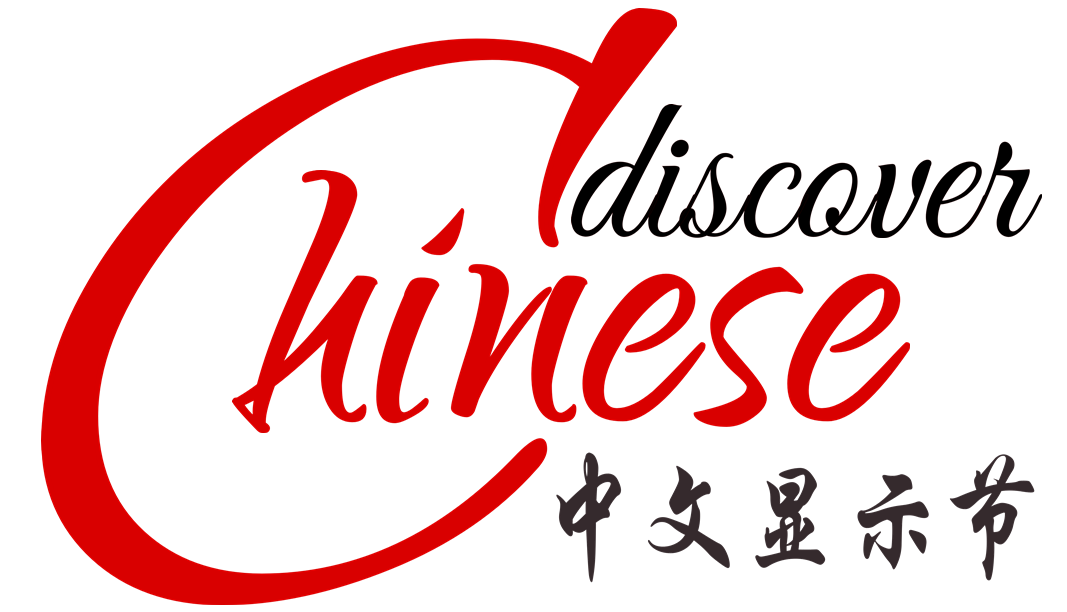Chinese Discovery Time: #1 The root word “Human” 人
Hi everyone, since I have at least 1 good response about understanding the puzzle words of Mandarin characters, I have decided to embark this journey as a (not too skillful) “tour guide” of this age old language, hoping that this sparks interest and more revelation on why Mandarin is both beautiful and complex.
If you have no idea what I am talking about, you might want to first visit my introduction post of the Mandarin characters here
So from the last post I have pointed out how characters joint together forms a whole new meaning with the example of “human” and “fire”, today I would like to take you to another journey to show you, how extensive and creative one character can transform to other meanings by multiplying it.
Let’s use the word “human” again.
When the character is presented by itself, it represents – a species; just like “fire”, it only has one meaning.
But when you x2 it, what happens?
Such as, placing 2 “human” vertically?
It no longer refers to a species, but rather, a representative of “icy” or “ice” (condensed and cold). Sometimes I wonder, when human relations is one suppressing another, wouldn’t it form a “condensed”, “suppressed” environment which is rather icy?
How about putting 2 humans side by side?
Does it look like a human following another?
Something like... “by”, “from”, “through"... turning from a mere noun “human” into a preposition.
So when you asked someone in Mandarin “where are you from?”
You will see this word appear in a sentence. Let me show you.
See how it changes?
...
...
So, how about adding an extra “human” into the equation?
Have you ever come across a phrase, “three is a crowd” ?
This is what the means, literally; “crowd” or “multitude” in a noun, or it can also be used in an adjective of “multiple” or “mass”.
There are other ways to place and position the word “human” that can give you another total different meaning all together, but I will spare you in this post and hope you will come for more in the future.
Does this finding today interest you to know more about Chinese words? Do comment below!
If you think this post has given you more understanding and appreciation of the Chinese character, tips are welcome too!




@littlenewthings this makes complete sense! Thanks for taking the time again to clearly explain Chinese characters! I'm feeling like I'm starting to become an expert at reading these thanks to you!
haha! this is just only the beginning! There'll be more to chew on and I am sure pretty soon you will start to identify a lot more Chinese than you realise, and I too find that it is a lot easier to memorise it too.